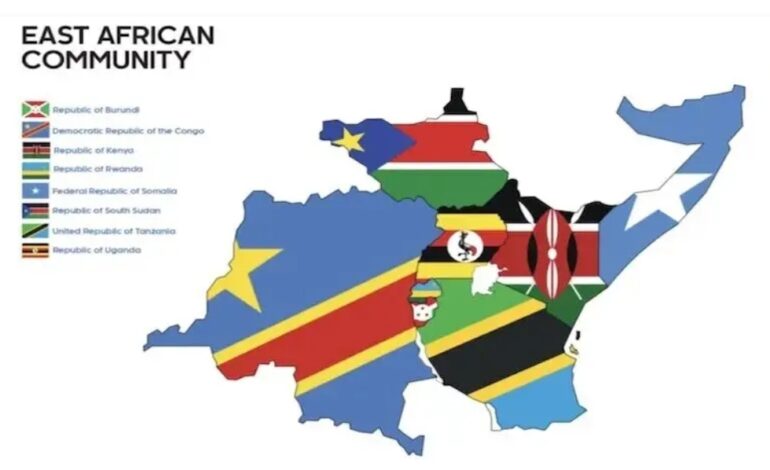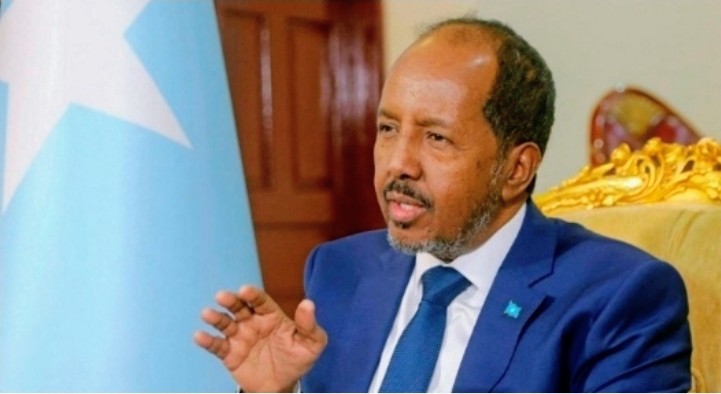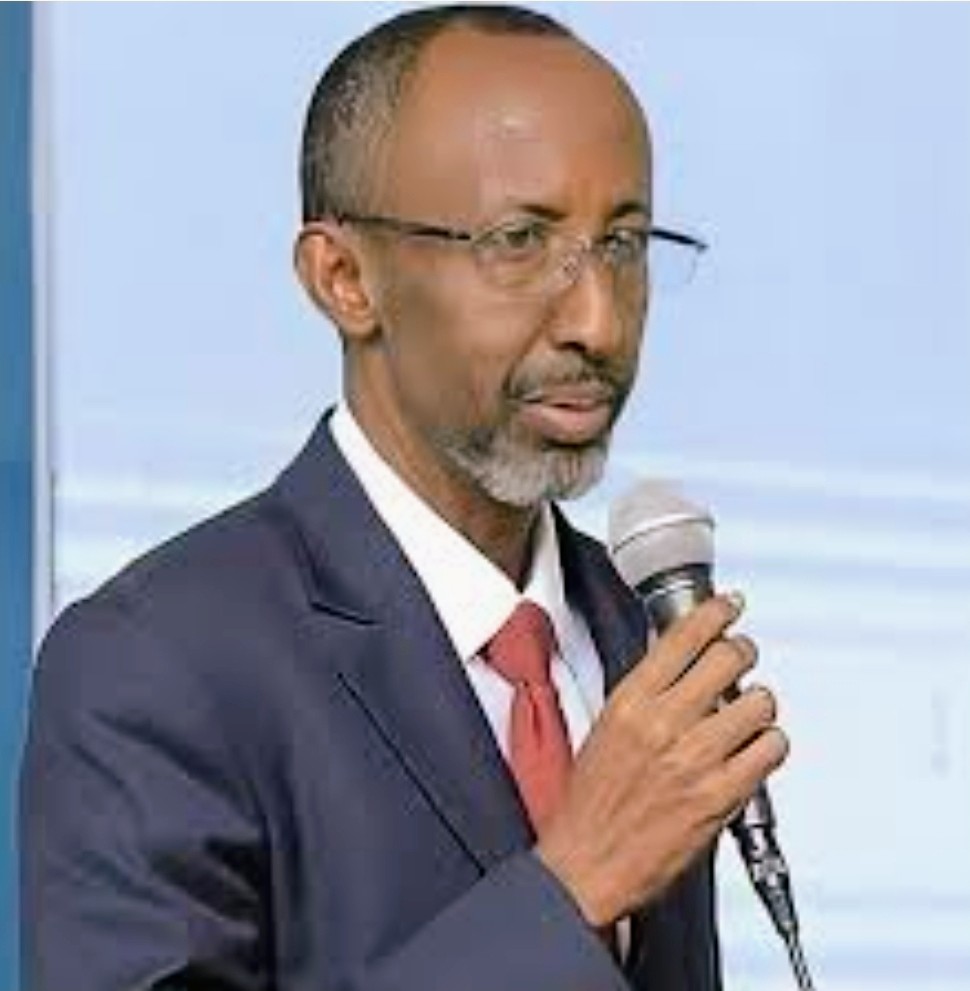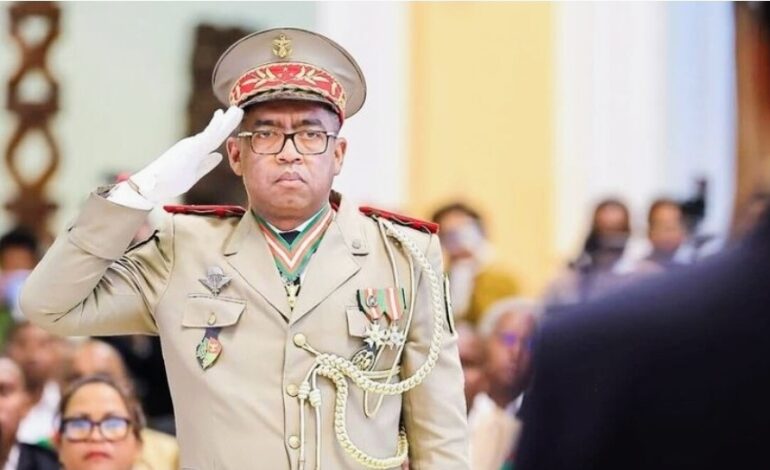
Wayne Lumbasi
Somalia has unveiled plans to introduce Swahili in its schools and universities as part of a broader effort to strengthen ties with its East African neighbors. The move signals the country’s growing commitment to regional unity and cultural cooperation within the East African Community.

President Hassan Sheikh Mohamud made the announcement during the East African Cooperation and Economic Integration Conference held in Mogadishu, calling Swahili “a bridge of communication and understanding” across the region. He said Somalia’s decision to adopt the language reflects its determination to take a more active role in the bloc after joining the community in 2024.
The Minister of Education, Culture, and Higher Learning Mr. Farah Sheikh Abdulqadi had said that introducing Swahili as a core language in Somalia’s national education curriculum, signaling a major shift away from the traditional use of Arabic and English.This move aims to strengthen Somalia’s integration with the EAC, which the country officially joined in 2023.
The Ministry of Education confirmed that the new policy will begin with pilot programs in selected schools before expanding nationwide. Teachers will receive specialized training, and new curricula will be developed in partnership with regional education bodies. Universities are also expected to introduce Swahili departments and research centers to promote linguistic and cultural exchange.

Swahili, spoken by over 200 million people across East and Central Africa, is already an official language of the East African Community (EAC). Officials believe its adoption will open new doors for cross-border trade, education, tourism, and diplomacy. It will also allow young Somalis to connect more easily with students and professionals from neighboring nations such as Kenya, Tanzania, Uganda, and Rwanda.
Analysts say the initiative could play a vital role in fostering social integration, boosting business cooperation, and strengthening Somalia’s identity as a full regional partner. The government has described the move as both a cultural renaissance and an investment in the future of East African unity.
RELATED
UGANDA FINALLY ADOPTS KISWAHILI AS AN OFFICIAL LANGUAGE
SOMALIA ACQUIRES FULL MEMBERSHIP IN EAST AFRICAN COMMUNITY








